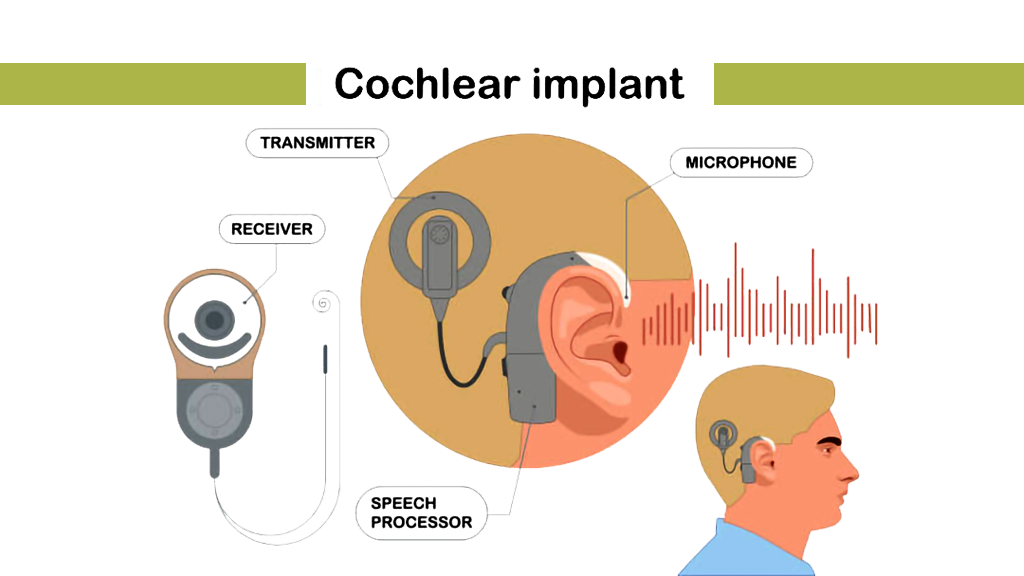
Meet Sathwik
Sathwik, a bright 4½-year-old child, entered therapy with a limited speech output and unique sensory responses that shaped his communication and interaction. Diagnosed with Receptive-Expressive Language Disorder (RELD) secondary to Autism Spectrum Disorder (ASD), Sathwik’s developmental journey reflected both linguistic and sensory challenges that required a holistic, multi-sensory approach to intervention.
Despite his gentle curiosity, Sathwik often engaged in repetitive hand movements, showed reduced eye contact, and demonstrated hypersensitivity to touch and certain sounds. These sensory patterns significantly influenced his ability to attend, engage, and communicate effectively in both structured and play-based settings.
The Challenge
Sathwik’s medical and developmental history revealed:
- Onset of symptoms: 3.5 years
- Speech milestones: Babbling at 7 months, first word at 2.5 years, phrase level at 4.5 years, and sentence level not yet achieved
- Previous interventions: Behavioural, speech, and occupational therapies
- ISAA score: 78 (Mild Autism)
While his oral peripheral mechanism was normal, he struggled with absent pointing, presence of echolalia, and solo play patterns. His receptive language age ranged from 27–30 months, and expressive language age from 20–22 months, showing a clear developmental gap.
The most prominent challenges observed during therapy included:
- Poor eye contact and reduced attention to speech
- Difficulty following simple commands
- Limited expressive vocabulary
- Sensory defensiveness to touch, sound, and textures
- Picky eating and avoidance of sticky or unfamiliar sensory experiences
These sensory processing difficulties directly affected Sathwik’s ability to participate in speech-language activities and regulate his attention.
The Sensory-Language Connection
For Sathwik, sensory experiences were the foundation of communication readiness. His hypersensitivity to touch and sound often led to withdrawal or self-stimulatory behavior, reducing engagement in verbal exchanges. Similarly, excessive smelling behaviors, vacant stares, and occasional self-injurious tendencies indicated sensory-seeking or avoidance responses.
Recognizing the sensory base of his language barriers became crucial. Therapy was planned to integrate sensory regulation and communication goals, allowing Sathwik to build comfort before expecting language responses.
Therapy Through Sensory Play
Therapy sessions were structured using a multisensory framework that combined language stimulation with sensory play. Sessions focused on promoting regulation, attention, and engagement, paving the way for expressive and receptive language growth.
The sessions included:
- Deep pressure and proprioceptive activities (e.g., pushing, squeezing balls) to improve body awareness and calmness.
- Tactile play with textured materials (e.g., dry grains, soft cloths, non-sticky slime) to gradually increase tolerance.
- Auditory habituation tasks using controlled exposure to soft environmental sounds to reduce hypersensitivity.
- Interactive story-based activities with rhythmic movements and gestures to enhance attention span (goal: 5–10 minutes).
- Comprehension-building tasks for “what” and “where” questions using visual and sensory cues.
- Command-following games involving two-object actions (e.g., “take the ball and give the car”) using real materials.
Each session prioritized Sathwik’s comfort and readiness, allowing him to participate meaningfully without sensory overload.
Progress Highlights
Over the course of therapy, Sathwik showed measurable and meaningful changes:
- Increased tolerance to touch-based and sound-based activities
- Improved eye contact and attention to short story sessions
- Began responding more accurately to “what” and “where” questions
- Showed emerging attempts at expressing simple requests and questions
- Demonstrated reduced sensory-avoidant behaviors with gradual desensitization
- Displayed better regulation, fewer stimming behaviors, and more sustained joint attention
The inclusion of sensory regulation strategies helped lay the groundwork for functional communication — proving that language growth cannot be separated from sensory readiness.
A Therapist’s Reflection
Working with Sathwik emphasized a vital truth: language cannot thrive without sensory regulation. His journey taught that before expecting verbal output, the child must first feel safe, calm, and connected within their sensory world.
Through structured sensory play, Sathwik learned not just to communicate, but to engage with his environment in a more organized and meaningful way. The therapy process highlighted how blending sensory integration with speech-language techniques creates a more inclusive and effective pathway for children with ASD.
Conclusion
Sathwik’s case beautifully illustrates the interdependence of sensory processing and language development. When therapists integrate sensory play into speech-language sessions, children with sensory sensitivities find not only comfort but also confidence in communication.
Sensory-based language therapy transforms the session from a task to an experience — one where the child learns to listen, feel, and express, all at their own pace.












